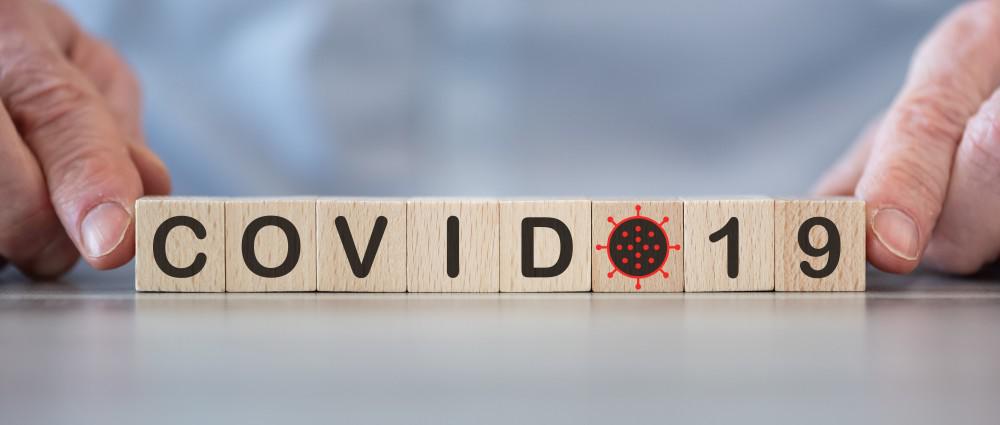
Natasha Aznar
Each modern time features a set of words related to it. The Covid time is no special case. With social spacing getting to be the standard of the day, an expansive number of unused words have presented over the past two years.
Coronavirus has resulted in a proliferation of new words and phrases in both English and other languages. Modern terms have effortlessly joined our lexicon and completely capture the irony and strangeness of the times in which we live.
Existing words like “self-isolating,” “pandemic,” “quarantine,” “lockdown,” and “key staff” have become more common, whereas COVID-19 neologisms are being coined faster than ever. Some terms, on the other hand, were coined by individuals and never made it into dictionaries, but they did find their way into everyday conversations. Here are a few examples.
DOOMSCROLLING: 2020 had its fair share of negative, bleak, and grim news, from the coronavirus pandemic to the global recession to the #BlackLivesMatter protests. Doomscrolling is the practice of rapidly scrolling through social media accounts and reading all the negative headlines.
QUARANTIMES: The coronavirus has altered the course of time as we know it. Quarantimes refers to the time span following the Covid-19 pandemic when countries all over the world instituted national lockdowns. As a result, from March 2020 onwards, we will be living in ‘quarantimes.’
ANTI-BUDDIES: Antibodies to Covid-19 are in high demand. When a novel coronavirus infects our bodies, our immune systems respond by producing antibodies to combat the virus. On the other hand, anti-buddies are two friends who have both tested positive for Covid-19 antibodies and therefore can hang out together.
QUARANTEAMS: Self-isolation and quarantine can be isolating, and they can have a negative impact on your mental health. But that’s when quaranteams come in handy. Quaranteams are a group of Covid-free neighbors who get together to form “pods” and spend time with one another.
MASKNE: Wearing masks can be difficult, but what happens if you have an acne outbreak under your mask? Maskne is the term for this. Acne under the mask can be a real pain to deal with, causing itchy inflammation and skin redness.
MASK-SHAMING: If you do not wear a mask, you are likely to get angry looks, nasty remarks, and outright calls-outs, among other things. Mask-shaming is a method of chastising people who approach close quarters without wearing a mask.
SUPER-SPREADER: A super-spreader is a person who is corona-positive and puts a large crowd of people at risk of contracting the virus by engaging with them in proximity, either deliberately or accidentally.
CORONACATION: The days of workers wishing for a staycation are long gone. A coronacation occurs when you are paying not to go to work and have a lot of free time.
One of the most important factors in the spread of coronavirus terminology is that we are more technologically linked than ever before – in a way that we were not during the SARS or Swine Flu outbreaks in 2002 and 2009. Instant access social media has become an important part of our lives, and we use several social media platforms to exchange content with friends and family.
Linguistic ingenuity represents not just the great preoccupations of the moment, but also how people meet to discuss new issues and situations in times of dramatic social or civic change. Understanding the language surrounding the coronavirus will become increasingly relevant as the virus spreads.


